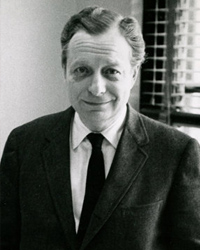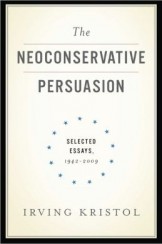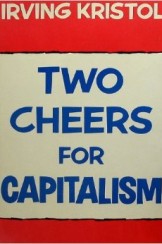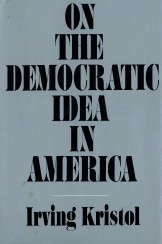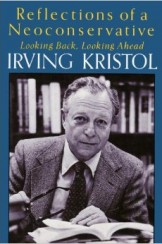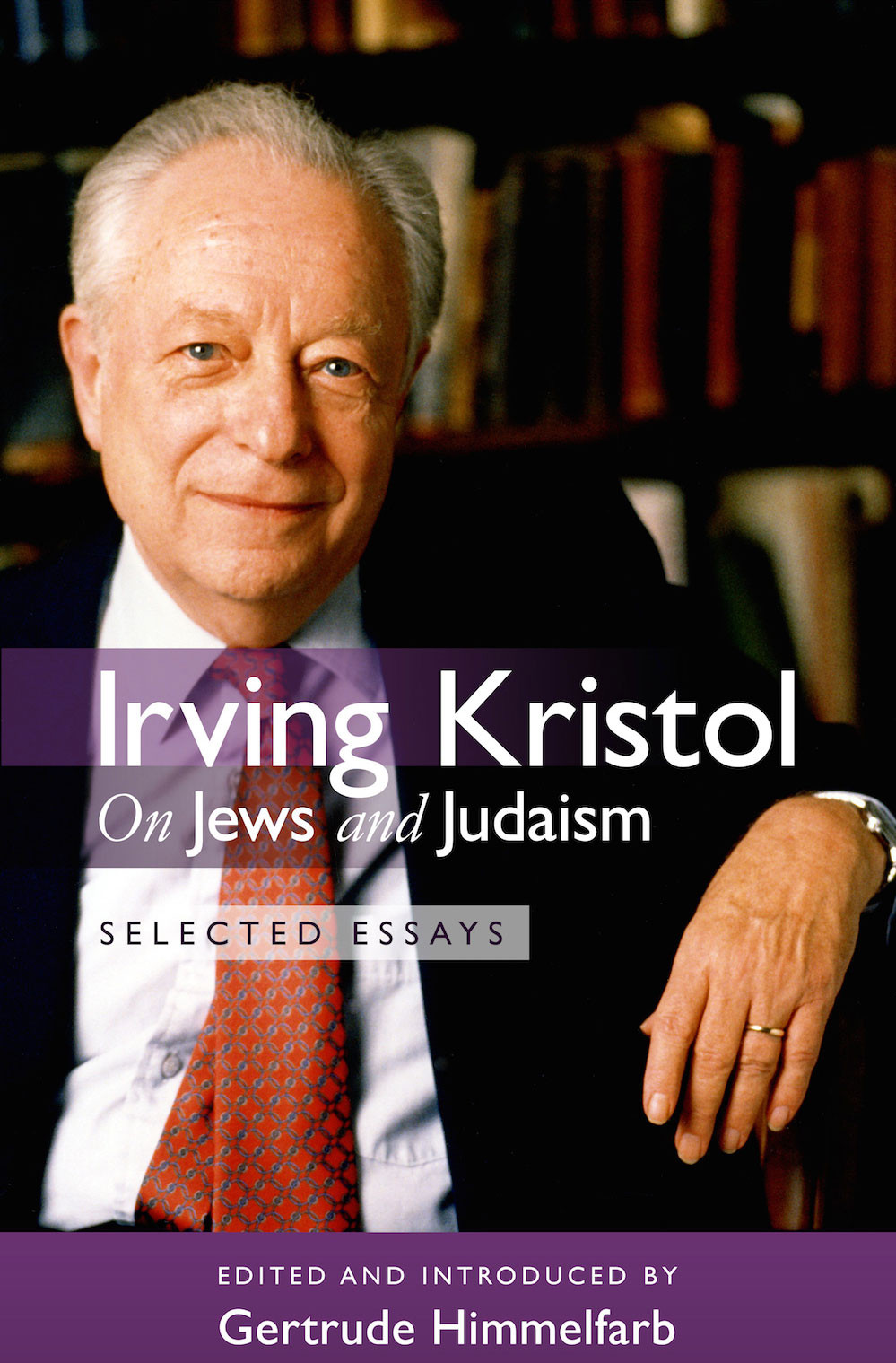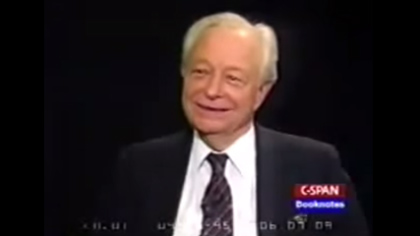Eventually, by the late 1960s and early 1970s, something that was to be called “neo-conservatism” came into being as a new category of political identity for persons like myself. . . . For me, “neo-conservatism” was an experience of moral, intellectual, and spiritual liberation. . . . What is wrong with liberalism is liberalism—a metaphysics and a mythology that is woefully blind to human and political reality. . . . It is an ethos that aims simultaneously at political and social collectivism on the one hand, and moral anarchy on the other. It cannot win, but it can make us all losers.
— Irving Kristol

